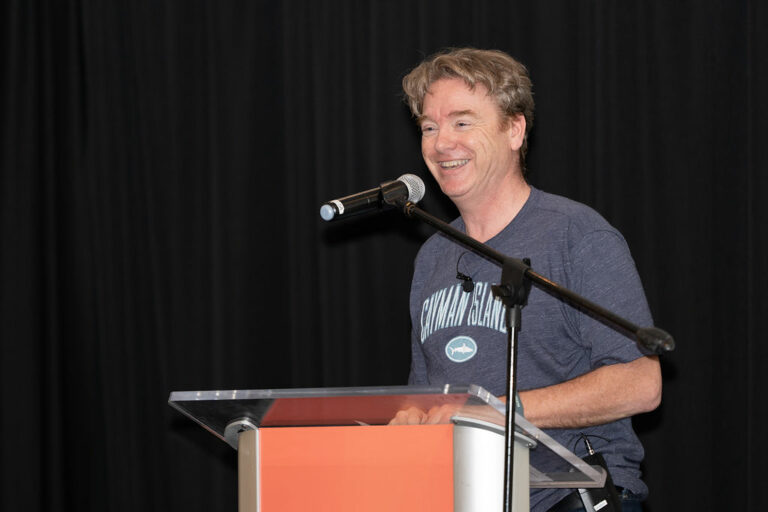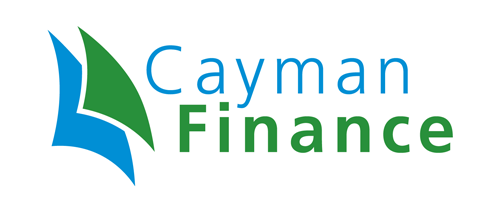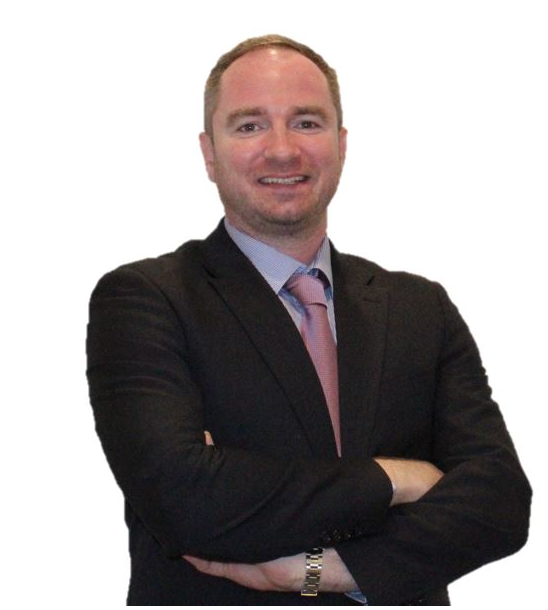
People should listen a little bit more to poets and other unconventional thinkers and a little bit less to economists at this critical time said David McWilliams at the Cayman Finance member event on 2 May.
The world is at a crossroads of geopolitical conflicts, inflation, inequality, new emerging technologies like artificial intelligence and unaddressed global issues in the form of climate change.
“There are decades when nothing happens. And there are weeks when decades happen,” Irish economist, author and podcaster David McWilliams said, quoting Vladimir Lenin, at the Cayman Finance member event on 2 May. “And you get the impression that we’re living through those weeks. Like every day, there’s something extraordinary happening that in normal times would be a big event.”
Analyzing these issues can seem like an impossible task. Rather than pulling out spreadsheets and graphs to make sense of the world, the economist cited 100-year old Irish poetry.
Using WB Yates poem “The Second Coming”, which the poet wrote in 1919 in the aftermath of World War One, McWilliams highlighted that every generation thinks their crisis is the big one, when in fact “every generation goes through these moments.”
More importantly, he argued that Yates’s observations in poetry were far more accurate than those of political commentators, economists, journalists, or civil servants at the time.
“I believe it is because poets, artists and musicians, these types of people give themselves at a crisis point the permission to think unconventionally, the permission to think beyond the realms of normality. And that gives them a clarity that other people don’t have,” he said.
“So if you think about right now. We’re at this crossroads. We need these slightly unconventional thinkers.”







Part of the problem, McWilliams observed, lies in an education system that only rewards one particular type of intelligence in a trend that is only continued in the workplace.
Add to that cognitive tendencies to succumb to confirmation bias – the desire to surround ourselves with those who think in the same way – and the Dunning-Kruger effect, which suggests that the highly confident overestimate their competence, and the result becomes a dangerous combination.
In business and society people at the top may be very clever but they all think the same, he said. “It’s called group think and it’s incredibly dangerous.”
Overconfidence in one’s own ability within a reinforced belief system that excludes new ideas or different viewpoints creates risk.
“When faced with the choice to change his mind or find the proof not to do so, the conventional man always gets busy looking for proof,” McWilliams said, quoting Canadian economist JK Galbraith.
The Irish authors advice to the more than 160 attendees at The Westin Casuarina resort was that especially at historical tipping points it is important to find unconventional thinkers.
“Think about your team, think about your company, think about your industry, think about your country. Are we promoting these people? Are we rewarding these people?” he asked.
Cayman Finance thanks the event sponsors Conyers, BDO, KPMG and Moore Professional Services.


